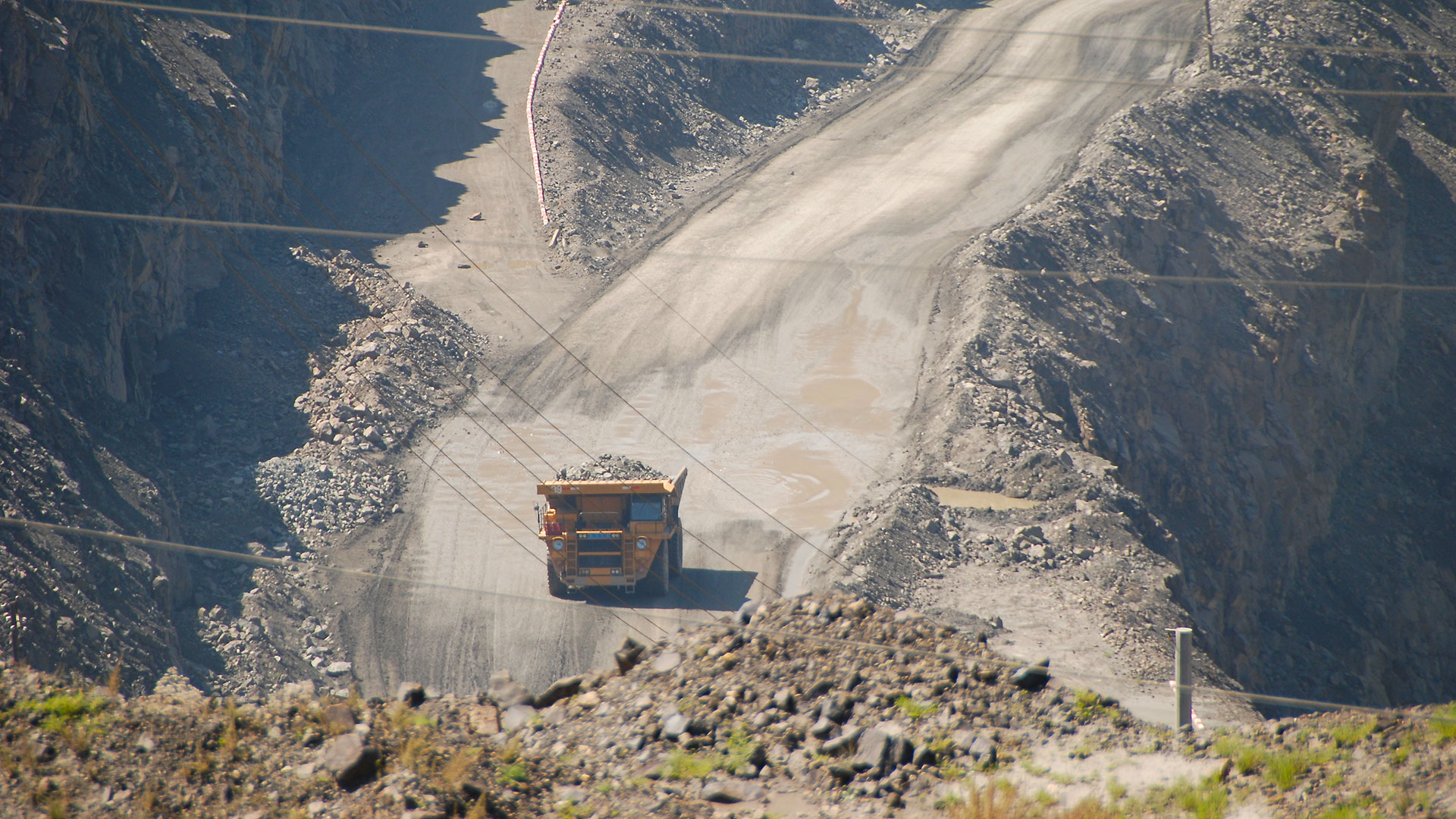China expands rare-earth export controls, creating risks for PC component supply — Beijing tightens grip on materials for HDDs and more to protect national security
New export rules tighten China’s grip on magnet and phosphor tech.

China has expanded its export controls on rare-earth elements, adding new items to a growing list of restricted materials and processing technologies. The updated rules, which take effect in December, cover not just elements like holmium, thulium, erbium, and ytterbium, but also the technical know-how around how they’re turned into magnets.
In a mirror of U.S. semiconductor export policy, Chinese officials framed the move as a national security imperative and signaled that licenses will be denied for end-uses tied to defense or semiconductors. Under the new rules, which are an extension of those announced in April, foreign companies will need China’s permission to export magnets that contain trace amounts of rare-earth materials sourced from China, or were produced using the country’s extraction methods. As the dominant supplier of rare earth minerals globally, China exerting more pressure on supply could have knock-on effects.
Ultimately, this policy decision poses a direct risk to the building blocks of hardware, starting with storage. High-density HDDs use neodymium-iron-boron (NdFeB) magnets to drive the actuator arms that read data off spinning platters. A typical voice-coil motor depends on neodymium mixed with dysprosium or praseodymium to maintain coercivity at high temperatures. With China controlling the bulk of global processing capacity for those alloys, any licensing restrictions are likely to hit costs and delivery timelines first, and that’s before you get to the motors in fans and cooling systems.
Displays could also be hit. LED backlights and LCD panels rely on phosphor compounds doped with europium, terbium, and yttrium to produce vivid colors. Europium and terbium are both squarely in the new controls, with export licenses now required for dozens of items used in the production chain. That puts panel manufacturers, which are already under margin pressure, in the firing line again.
Even silicon isn’t safe. Cerium oxide slurries, used in wafer polishing and glass finishing, may also come under pressure if restrictions expand to cover recycling or processing gear. These aren’t headlining materials, but they play a crucial role in production flows across fabs and panel assembly lines. If licenses start dragging or pricing shifts, delays in component manufacturing are almost inevitable. Indeed, the supply of rare earth minerals is just one of the factors fuelling growing concern around looming PC hardware shortages.
None of this will guarantee price hikes tomorrow, but it raises the odds of sudden friction in parts of the supply chain that often go unnoticed. Magnets and phosphors aren’t exciting or sexy, but they’re everywhere and extremely difficult to replace. In April, HDD maker Western Digital launched a program to recover rare-earth materials from retired drives, which is an obvious attempt to safeguard against this very scenario.
Follow Tom's Hardware on Google News, or add us as a preferred source, to get our up-to-date news, analysis, and reviews in your feeds. Make sure to click the Follow button!
Get Tom's Hardware's best news and in-depth reviews, straight to your inbox.

Luke James is a freelance writer and journalist. Although his background is in legal, he has a personal interest in all things tech, especially hardware and microelectronics, and anything regulatory.